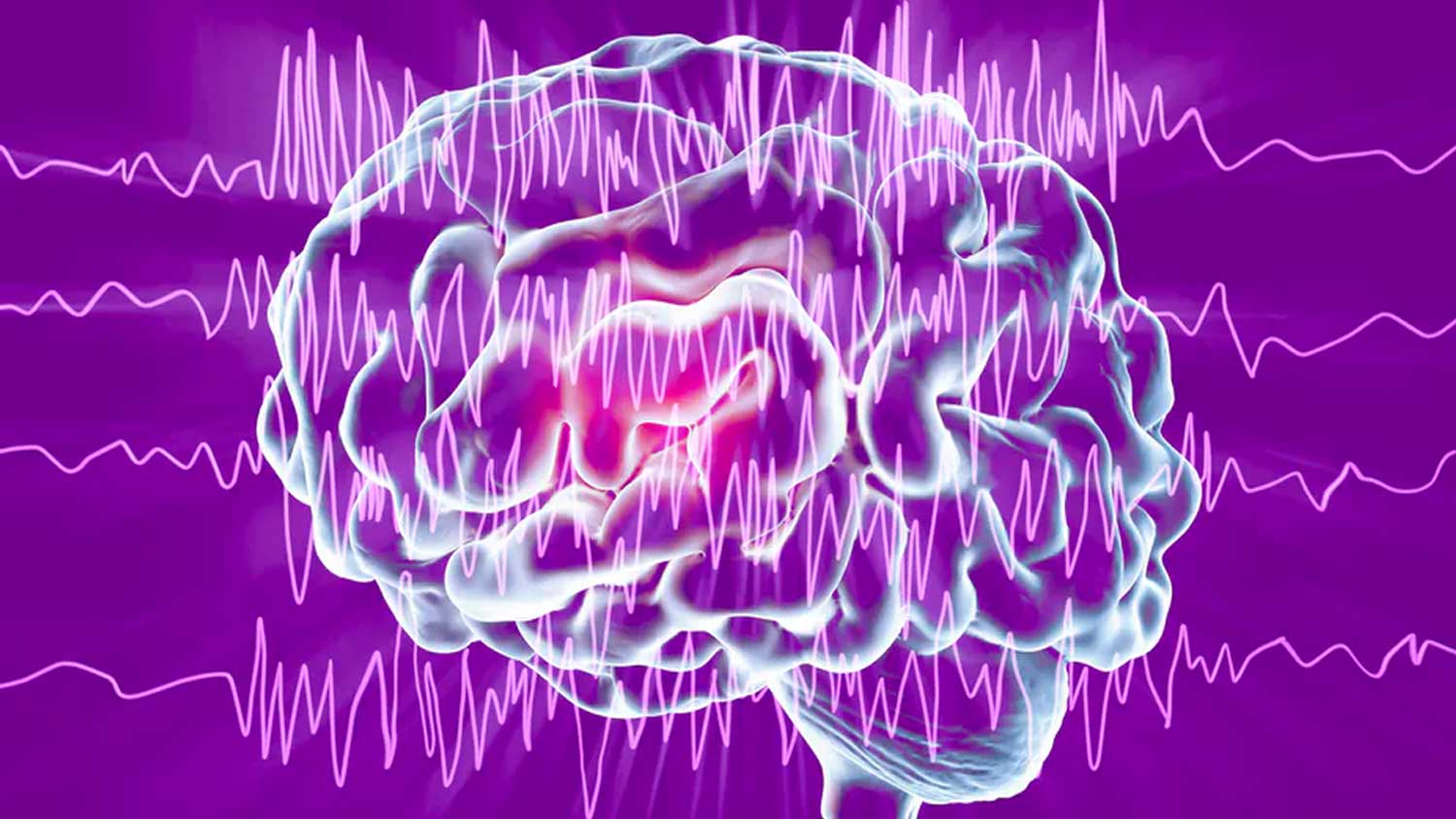Epilepsy is one of the most common neurological conditions. It is a chronic neurological disorder wherein the nerve cell activity in brain gets disturbed. Epilepsy causes seizures and the effected person may also become unconscious during the fits. It affects people of all age groups around the world. Epilepsy can affect one’s safety, relationships, work, driving, and so much more. It may well turn into a disabling condition. In this article we will look at how different countries see epilepsy in their disability laws.
Epilepsy as a Disability
Depending on severity, frequency of seizures and management, epilepsy can indeed become a disabling condition. However, not all disability related legislation around the world do not see epilepsy as a disability. Let’s take a look at how different countries treat epilepsy as a disability.
United Stated
The Americans with Disabilities Act (ADA) recognizes epilepsy as a disability. The affected person may also be able to get benefits under Social Security disability insurance (SSDI) or Supplemental Security Income (SSI). These benefits are however given to those people who suffer epileptic seizures at regular intervals.
United Kingdom
Under the Equality Act of the United Kingdom, people affected with epilepsy are considered disabled. In order to be qualifies as disabled due to epilepsy, any of the following conditions must be met:
- Epilepsy has a substantial and long-term negative effect on your ability to do day-to-day activities (like driving, commuting, cooking etc.)
- Epilepsy is not having a substantial effect now, but it would do if left untreated
- It’s not having a substantial effect now, but is likely to in the future
Here long-term means you must have been, or expect to be, affected by epilepsy for at least 12 months. A person affected with epilepsy (as well as a person who had epilepsy in the past) is protracted from discrimination under the Equality Act.
India
Although the Rights of Persons with Disabilities Act 2016 does recognize Chronic Neurological Conditions (CNC) as disabilities — but it fails to specifically mention epilepsy. The Act only mentions Parkinson’s and Multiple Sclerosis under the category of CNC. Therefore, there is no clarity about the status of epilepsy as disability in India. The medical assessment board may consider severe epilepsy under CNC but it is not mandated by the law. Thus, all we can say is that epilepsy is not considered a disability in India and no disability certificate can be issued for it at present.
Canada
In Canada, epilepsy is categorized as a disability by the government. To help offset the costs of medications and treatments, the Canada Revenue Agency provides disability benefits like the Canadian Disability Tax Credit (DTC) and Child Disability Tax Credit for families coping with epilepsy.
Use the citation below to add this article to your bibliography
"Is Epilepsy Considered as a Disability?." Wecapable.com. Web. May 28, 2025. <https://wecapable.com/epilepsy-disability/>
Wecapable.com, "Is Epilepsy Considered as a Disability?." Accessed May 28, 2025. https://wecapable.com/epilepsy-disability/
"Is Epilepsy Considered as a Disability?." (n.d.). Wecapable.com. Retrieved May 28, 2025 from https://wecapable.com/epilepsy-disability/


Leave a Reply